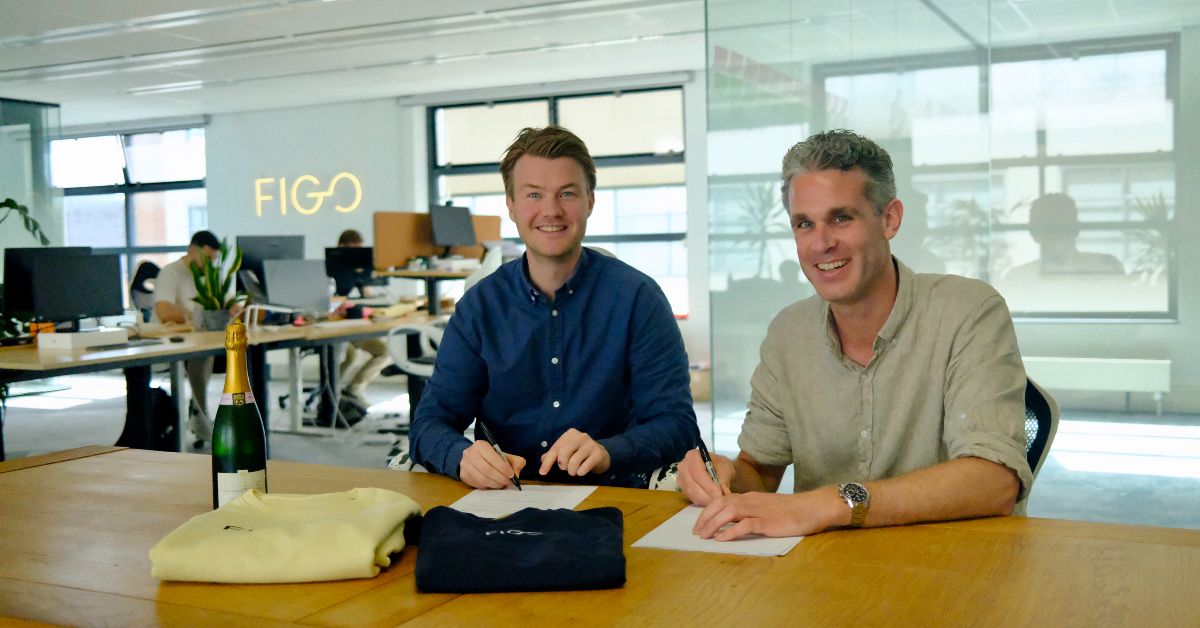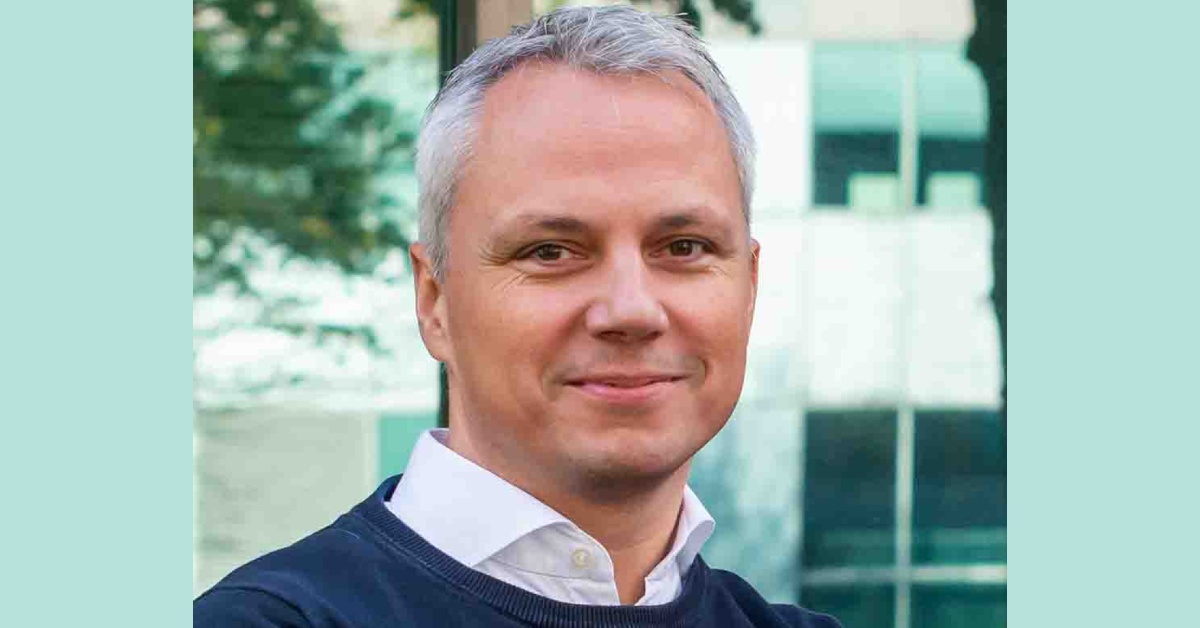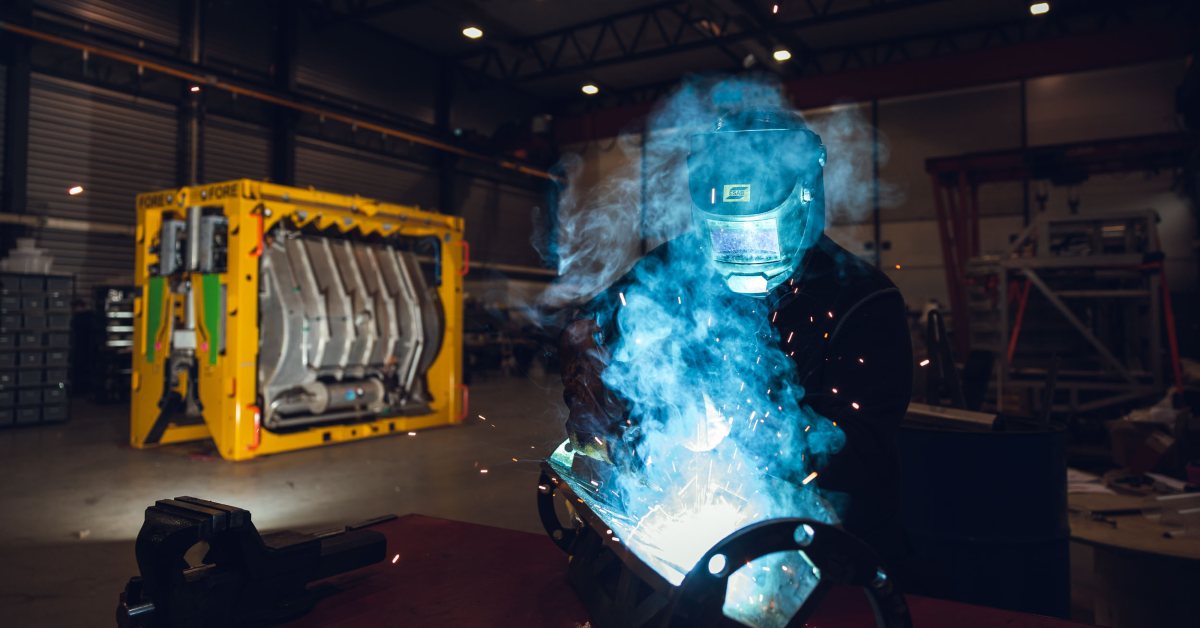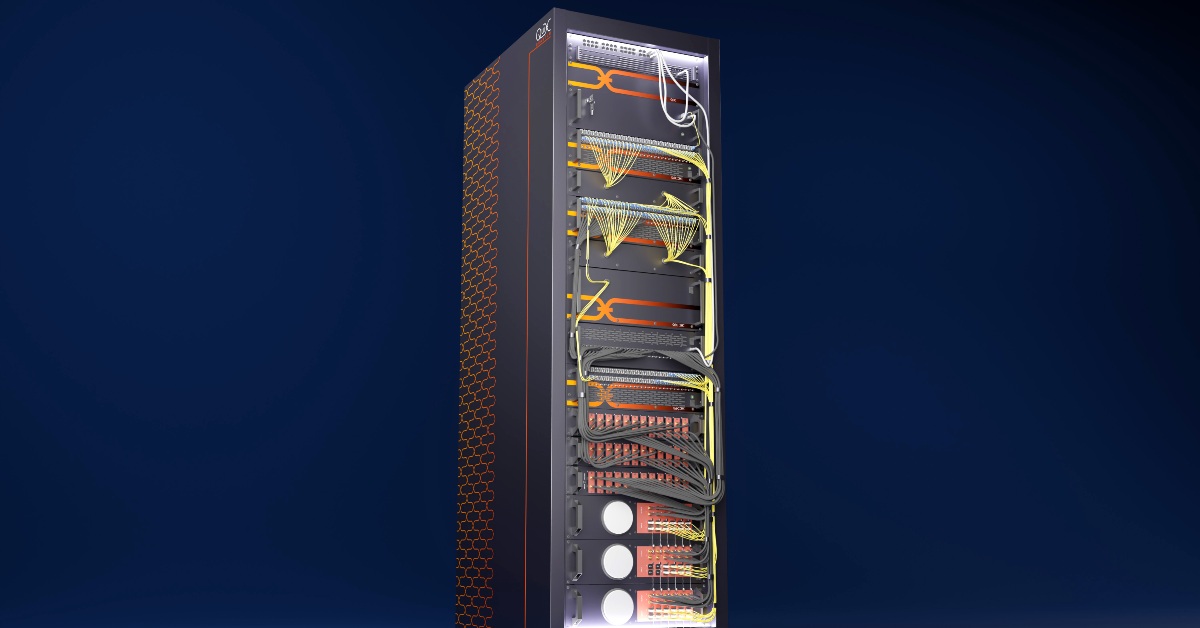Quantum, Quantum, Quantum….
That’s not former Microsoft CEO Steve Ballmer rallying the developers but just the current state of play.
Gone are the days when quantum computing was an infancy among quantum physicists or pipe dreams of a computer genius.
Quantum computing is here and it completely aims to upend how we think about computing in the next few decades.
According to Dealroom, the funding for startups focused on quantum computing more than doubled to $1.6B in 2021 from 2020 and dropped slightly to $1.3B in 2022.
Amidst the wave of funding for quantum startups, there is an even bigger theme emerging. Europe is rising up to the occasion and minting innovative quantum startups at a faster clip than imaginable.
In the Netherlands alone, there are 18 public quantum technology ventures, representing more than 5 per cent of the total quantum startup landscape.
Even though quantum is in its early stage, the Dutch startup ecosystem is coming together to not only become a force in quantum tech but also collaboratively develop and deploy new ideas.
Mecca of Quantum technology

Apart from ASML, the European startup ecosystem has essentially focused on software, which has delivered them predictable returns.
With the dawn of quantum computing, there is a growing consensus to invest and develop hardware that powers the deeptech space.
“The world is starting to slowly pick up the fact that deeptech and hardware can actually generate exceptional returns, and similarly that software is NOT a safe haven for guaranteed returns,” says Ton van ‘t Noordende, Managing Director of QDNL Participations, a new €15M fund aimed at early-stage quantum tech startups.
He says the majority of European and Dutch funding is directed towards classical industries that generate a predictable return.
With quantum technology companies, Van ‘t Noordende sees a need for super-specialised domain expertise, which he wants to offer with QDNL Participations.
He adds, “There needs to be a derisking bridge between technical founders and non-technical capital.”
One of the ways they are creating this derisking bridge is by bringing all the major ecosystems in the Netherlands together to collectively work on quantum computing solutions.
With the TNW Conference happening this week, the Netherlands is also opening itself to week-long quantum events and one event wants to turn the country into the mecca of quantum technology.
The Next Q

Called The Next Q, the event hosted by Quantum.Amsterdam in partnership with Quantum Delta, Startup Village, and The Next Web is a side event and part of the Quantum Meets 2023.
The Next Q event will take place on June 14, 2023, from 13:30 to 16:30 CET at Startup Village, Amsterdam.
The event aims to bring together the pioneers in quantum computing and showcasing some of the boldest ideas, innovative science, and entrepreneurial efforts in the quantum field to a common stage.
“We’ve invited a number of startups who are working on some truly groundbreaking technology, such as the world’s best photonic quantum processors, incredibly precise microscopes or fundamentally secure quantum networks,” says Koen Groenland, Quantum Innovation Officer at Quantum.Amsterdam.
At the event, the attendees will have the opportunity to hear from some of the world’s most innovative startups and entrepreneurs working on technologies that will redefine the future.
The key speakers at the event include Chris Cade from Fermioniq, Michele Mosca from evolutionQ, Ingrid Romijn from Q*Bird, Devin Smith from QuiX Quantum, Max Kouwenhoven from Onnes Technologies, Ton van ‘t Noordende of Infinity QD, Francesca Rivello of Innovation Exchange Amsterdam (IXA) and Amsterdam in Business’ Jonas Liekens.
The event, a result of a partnership with Startup Amsterdam, is sponsored by Equinix, La French Tech, Quantum Gateway Foundation, Capgemini and Innovation Exchange Amsterdam (IXA).
For quantum enthusiasts, tech entrepreneurs, and those interested in seeing the future of computing, the Next Q offers an opportunity to witness how quantum computing will change the world.
Meet the Quantum Startups shaping the future on June 14: Join The Next Q by registering here.
A growing ecosystem
Groenland says the number of startups working on quantum technology is rapidly increasing and there is growing business activity.
The Startup Village Amsterdam, where the Next Q event is being held, is home to quantum startups QuiX Quantum, MolKet, and Quantum Gateway Foundation.
As the ecosystem continues to grow rapidly, Quantum.Amsterdam wants to connect all the players including companies, academics, students, governments, and entrepreneurs.
Unlike classical computing, it is difficult to envision the direct implication or business impact of quantum computing and associated technologies.
To overcome this challenge, Quantum.Amsterdam has been running a workshop about the business impact of quantum, reaching an audience ranging from fintech to government and from academics to IT managers since 2020.
It has also opened an experience room to make explanations of quantum technologies even more attractive.
When Thoman Young devised the double-slit experiment in the early nineteenth century, he probably didn’t imagine its direct impact but it continues to illustrate quantum theory even today.
The experience room created by Quantum.Amsterdam wants to help people imagine what quantum technologies can do.
Quantum.Amsterdam is not alone helping startups in this growing ecosystem of Dutch quantum pioneers. Quantum Delta NL is another major player bringing together a knowledge base as well as funding needed to help quantum tech startups get started.
“We’re currently working with over 60+ quantum initiatives within two years,” says Van ‘t Noordende.
He adds, “We’ve created an extensive proprietary knowledge base containing global insights on the quantum industry which we are sharing with our community of founders.”
Quantum Delta NL has also built up close relationships with nearly 90 per cent of all deeptech investors globally, who have made direct investments into quantum technology.
With its €15M Quantum Participations Fund, Van ‘t Noordende says they have already made five investments including the €6M investment in Quantware together with ForwardOne and Graduate.
Meet the pioneers

In simple terms, the Next Q event is about two things: the growing Dutch quantum ecosystem and the startups that are driving innovation.
From quantum-safe cybersecurity products, quantum connectivity to the first photonic quantum computer and a quantum software company, the Next Q is bringing the full possibilities with quantum technologies to the forefront.
“The Next Q event offers a platform to present our company to a broader audience and connects the initiatives and interested companies in the field of quantum computing,” says Jörgen Sandig, CEO of Fermioniq, an Amsterdam-based quantum software company.
During a campus tour organised by the Institute of Quantum Computing at the University of Waterloo, Sandig saw the potential and began diving into the status of quantum computing.
“I noticed a huge amount of investment in this field, a lot of activity in Delft on quantum hardware and a great quantum software research institute, QuSoft in Amsterdam,” he explains.
With quantum hardware being developed, Sandig saw the need for quantum software and approached Prof Dr Harry Buhrman, director of QuSoft, to start a quantum software startup together with Ido Niesen and Chris Cade. The startup is supported by the University of Amsterdam and the Centrum Wiskunde & Informatica (CWI).
While Fermioniq saw the need for quantum software, Leiden-based Onnes Technologies saw the need to develop the infrastructure necessary to enable quantum SPM.
Onnes Technologies, a spinoff of the group of Prof. Tjerk Oosterkamp of Leiden University, develops a portfolio of cryogenic infrastructure products and services.
Max Kouwenhoven, Chief Executive Officer of Onnes Technologies, says, “We believe Quantum Microscopy is an exciting technology, yet the novelty of it makes it hard to give demonstrated examples of use cases.”
“Therefore, we need collaborations industry-wide to showcase the value of this technology. Events like Next Q help to generate awareness of and interest in the topic to help the field move towards first, demonstrated use cases,” he adds.
Since the arrival of quantum computing, one of the most common industry worries has been its ability to break the traditional encryption used right now.

Canadian startup evolutionQ is helping companies prepare for the quantum age with its quantum-safe cyber security.
“Quantum computing makes the weakness in asymmetric cryptography very apparent and there is an urgent need to act,” says Christian Schmitz, Managing Director of evolutionQ GmbH.
While quantum computing breaking conventional cryptographic security is years away, evolutionQ is raising awareness among entrepreneurs and organisations about the imminent threat.
“We help clients assess and manage the risk posed by quantum computing using the Quantum Risk Assessment (QRA) methodology,” he says. “In particular, the application of Mosca’s Theorem helps organisations identify the need to act.”
Dr. Ingrid Romijn, Director Business Development at Delft-based Q*Bird says, startups in the quantum computing space face different challenges as it covers a wide range from quantum computing, sensing, communication and software/algorithms.
“I think one challenge for all is the fact that the technology is young, not well known, while on the other hand there is quite the hype around it,” she says.
Q*Bird is developing secure quantum connectivity between users, quantum devices, and between users & quantum devices.
“Right now, it is already used to generate quantum keys between many different users. (it’s a scalable, hub-spoke design). In the future, it can be used to connect quantum computers (enabling scalable quantum computing) or quantum sensors to each other or to users,” adds Romijn.
What happens to quantum computing though? Enschede-based QuiX Quantum is uniquely positioned to answer that question.
As developer of the first quantum computing platform based on photonics, QuiX Quantum sees quantum computing being delivered “as a service” initially.
Dr. Devin Smith, CTO of QuiX Quantum, sees much of that service being hosted by various existing HPC or computing-as-a-service locations or vendors.
“Quantum might merely want to be colocated with HPC for ease-of-use rather than tightly bound in the same cluster,” adds Smith.
Smith also sees the need for belief that the ecosystem in the years ahead before quantum computing really starts to pay off.
He adds, “Quantum computing will change the world, but it won’t happen until systems scale up to a much larger size with low error rates.”
Groenland also does not see any direct benefits from quantum computing right now but sees significant development in the future with the increase in number of qubits and their quality.
“The most important use-cases are in fields such as chemistry, material design, and optimisation,” says Groenland, adding “experts often mention innovations such as higher-capacity batteries, more effective pharmaceuticals, and efficient routing of vehicles or packages.”
The Next Tech Revolution

It is evident that quantum computing is the next tech revolution and through the Next Q event, the Amsterdam region wants to make more people familiar with the latest developments in the field and closer to solutions that are already being developed not only in Amsterdam or the Netherlands but also abroad.
“It’s about getting a larger community interested in what is called to be the next tech revolution,” says Groenland.
Another area where Amsterdam and the Netherlands are making a big push to plug the talent gap.
“From all over Europe, we hear that quantum startups are eagerly looking for staff with unique quantum skills,” explains Groenland.
He says the Netherlands already has excellent universities with world-class education in engineering, physics, computer science and mathematics.
To further support the demand for unique quantum skills, the Netherlands will see the introduction of three new Master’s programmes.
The Quantum Information Science & Technology kicks off in Leiden and Delft in a few months and will be complemented by a Master’s programme focused on quantum algorithms in Amsterdam.
It is very rare to see multiple regions come together to accelerate a single field to the pedestal.
With quantum computing, Amsterdam and the entire Dutch tech ecosystem is coming together to not only capitalise on the hype but to deliver truly innovative solutions.
Meet the Quantum Startups shaping the future on June 14: Join The Next Q by registering here.










01
From telecom veteran to Dutch Startup Visa success: The Jignesh Dave story